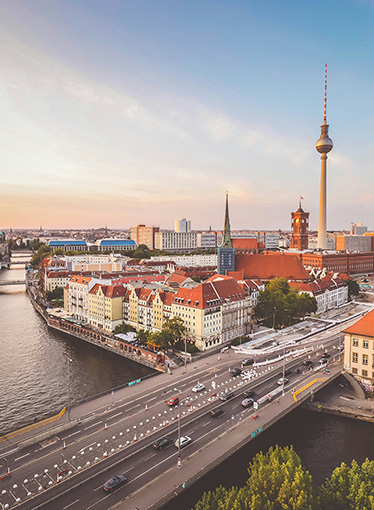Evacuations from High-Risk Locations Call +44 (0)1202 308810 or Contact Us →

Country Advisory | German elections: The End of an Era
2 Sep 2021
On the 26th September 2021, Germany will elect members of the 20th Bundestag, and ultimately elect a new government. Since Angela Merkel was elected into office in 2005, Germany has become a political and economic leader of Europe.
Key Points
On the 26th September 2021, Germany will elect members of the 20th Bundestag, and ultimately elect a new government. Since Angela Merkel was elected into office in 2005, Germany has become a political and economic leader of Europe. This 4 page report looks at how Germany will progress following her imminent departure.
- The upcoming German elections will be the first since 2005 without Merkel, who is set to step down as Chancellor, marking the end of a defining era for Germany, Europe and the world.
- Under Merkel’s chancellorship, Germany was transformed from the “sick man of Europe” into an economic and political powerhouse – leaving a large void to fill for whoever comes in as Chancellor.
- Polls have continued to tighten as election day draws nearer. This means it is increasingly uncertain who the new major governing party will be, and who could be the next Chancellor of Germany.
Should Merkel’s Christian Democratic Union (CDU; who form the CDU/CSU) party win the largest number of seats, it is likely that there will be little immediate change to German policy. If the Social Democrat Party of Germany (SPD) win, then the policy may take a slight leftward turn, but will still be consistent in the main with the policy formulated under the CDU/SPD grand coalitions of recent years. Indeed, despite the professed desire to avoid another grand coalition, such a scenario can’t be ruled out. The most radical shift in policy will come if the German Greens are successful in their bid to take the chancellorship. Even if they fall short, the Greens could become “kingmakers” and may hold sway over whether the CDU or the SPD lead the next government.
Whichever party emerges out of the election as the largest will be faced with a number of domestic and international issues. These issues range from the economic fallout of COVID-19, the challenges facing the European Union and climate change. These will have to be tackled with many weighing heavily on the country’s psyche following 18 months of COVID-19 restrictions and the devastating floods in July.